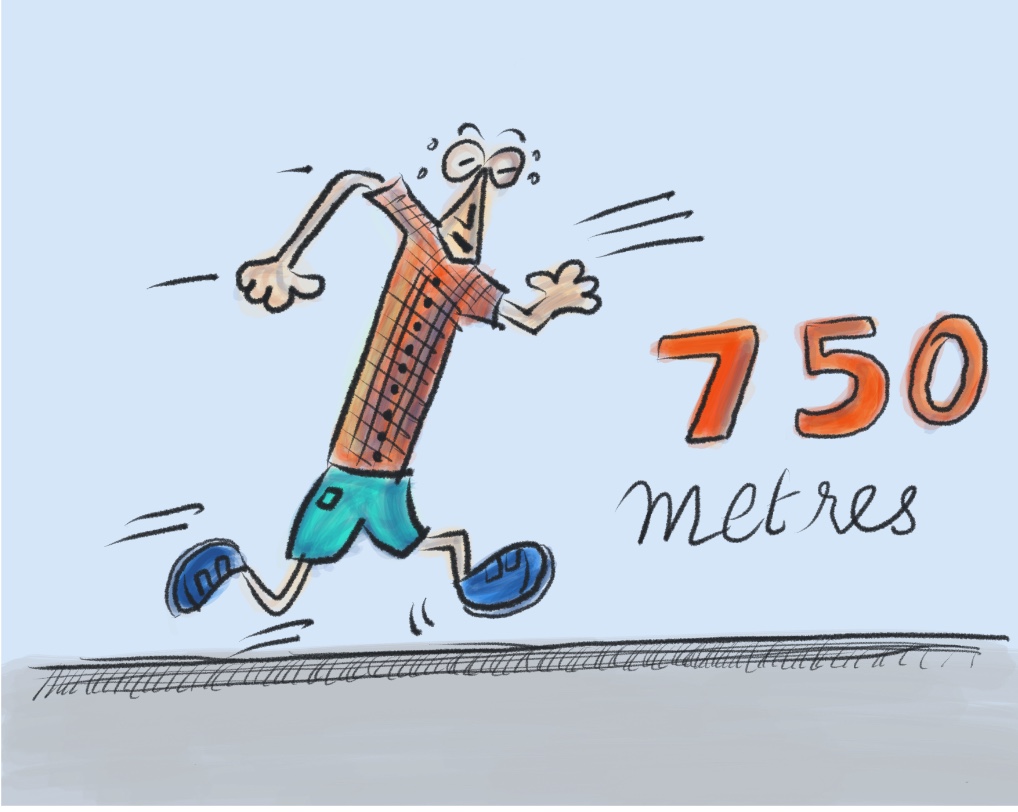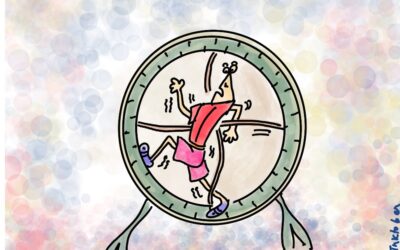“The best way to get anything done is to have a tight deadline,” said a friend’s husband when we were chatting about how to make progress on a long-term study assignment she had.
My friend had given herself a target of 12 months to achieve her goal—finish studying the course, do revisions, and take the certification exam. She timed it so that she would take the exam in March, coinciding with her child’s annual exams, to get into the mindset of prepping for the exam.
My friend and her husband were discussing a very useful strategy for getting things done: setting a deadline. Deadlines are great. They work well to get things done.
Most of us work well with deadlines. Client deliverables, tax return filings, catching a flight, or arranging a loved one’s birthday party all involve cut-off timelines that are non-negotiable. However, deadlines are also double-edged swords. If not handled carefully, they can lead to burnout.
So, how do we channel the power of deadlines without overdoing it? Let’s find out.
What makes deadlines work, and how is it related to biology?
World War I was one of the deadliest conflicts in history. Despite the brutality, a heart-warming event occurred on Christmas Eve, 1914, when a spontaneous ceasefire happened along parts of the Western Front. Soldiers exchanged greetings, played football, and marked the day as a temporal landmark—a specific point in time that prompts significant changes.
Deadlines are powerful temporal end-markers. They establish a specific point in time that spurs momentum and triggers a series of biochemical changes in the body. Deadlines activate the flight-or-flight response, increasing dopamine and adrenaline levels to focus energy on meeting the challenge.
This is why we feel a rush, relief, or even euphoria when we meet deadlines. They structure, prioritise, and organise our work, lending clarity to what needs to be done.
The flipside of deadlines
Over-reliance on deadlines can be counterproductive. Constant stress and stimulation can lead to procrastination, burnout, and inaction. Like driving a car at maximum speed all the time, our bodies aren’t designed to handle continuous adrenaline surges.
Excessive reliance on deadlines creates a vicious cycle. Our brain gets addicted to the dopamine rush, causing procrastination and a lack of motivation when stakes are low. The challenge is to balance deadlines’ benefits with their potential drawbacks.
How can we harness the power of deadlines without overdoing them?
Here are three strategies to make deadlines work for you:
1. Nip perfectionism in the bud
Perfectionism often leads to procrastination. Set benchmarks for what is “good enough” versus “perfect.” For example, when creating a presentation, use placeholders for missing data instead of chasing perfection, saving time and energy for other tasks.
2. Create well-defined work blocks
Break down your task into smaller, manageable work blocks, each with specific outcomes and time limits. This approach provides steady motivation and helps prevent the stress of last-minute pushes.
3. Use the psychological power of the progress bar
Track your progress to maintain motivation. Whether it’s a percentage completion or milestones, seeing tangible progress provides a sense of accomplishment and predictability.
Summary
- Deadlines stimulate readiness and focus by priming the fight-or-flight response.
- Deadlines are a double-edged sword—useful but potentially harmful if overused.
- To harness their power, nip perfectionism in the bud, create structured work blocks, and track progress visually.
Next Step: Sign up for Being Sane, our weekly Sunday newsletter that provides actionable insights and tips on leading a saner work life.
Redefine Your Career Path
Ready to redefine your career path? Book a free session to unlock your potential with personalized career coaching.




